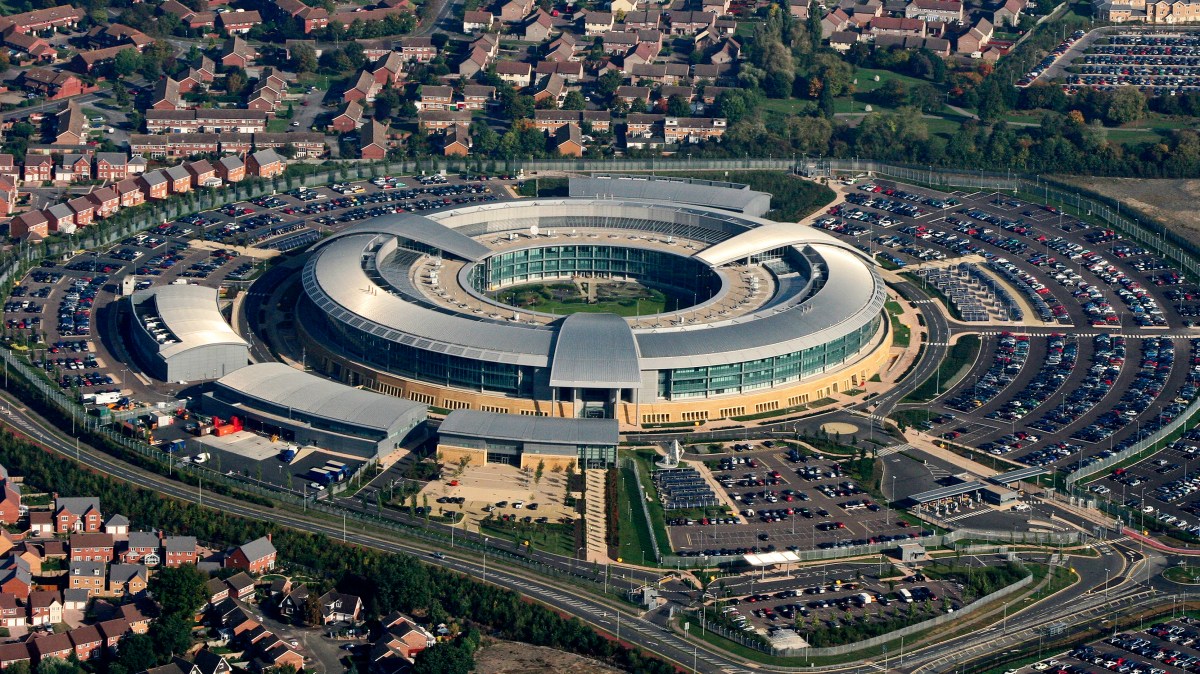Science
UK Government Warns of Increased Cyberattack Risks for Schools, Hospitals

The UK government has issued a stark warning regarding the heightened risk of cyberattacks targeting schools and hospitals. Officials from the Department for Science, Innovation and Technology acknowledged that the country’s cybersecurity infrastructure is not adequately prepared for a potential attack, which could escalate into a national crisis.
This admission follows a series of alarming breaches in cybersecurity within various sectors, notably impacting the National Health Service (NHS). According to the National Cyber Security Centre, the threat landscape has evolved significantly, with attacks becoming more sophisticated and frequent. The government is urging educational and healthcare institutions to bolster their defenses against potential intrusions.
Cybersecurity experts emphasize the urgency of the situation. As schools and hospitals increasingly rely on digital systems for their operations, the risks associated with inadequate protection have reached critical levels. The government’s assessment highlights ongoing vulnerabilities that could lead to disruptions in essential services, affecting millions of individuals across the UK.
Government’s Response to Cyber Threats
In light of these risks, the UK government is working to enhance cybersecurity measures across various sectors. The Department for Science, Innovation and Technology is collaborating with the National Cyber Security Centre to implement new strategies aimed at safeguarding sensitive data. This initiative includes providing training and resources to help institutions identify and mitigate potential threats.
Despite these efforts, the recent revelations have raised concerns regarding the readiness of the public sector to handle sophisticated cyberattacks. Experts warn that without immediate action, the consequences could be severe, including loss of critical information and disruption of services that many depend on daily.
The government has allocated funds to improve cybersecurity resilience, but challenges remain. Many schools and hospitals operate with limited budgets, making it difficult to invest in robust security measures. The disparity in resources between larger urban centers and rural areas further complicates the situation, as smaller institutions may lack the necessary infrastructure to defend against cyber threats.
Implications for Public Safety
The implications of these vulnerabilities extend beyond administrative challenges. A significant breach could lead to exposure of personal data, affecting patients and students alike. The potential for operational disruptions raises alarms about public safety, as hospitals could face difficulties in providing critical care and schools might struggle to maintain educational continuity.
As cyber threats continue to evolve, the need for a coordinated response becomes increasingly imperative. The UK government has called on all stakeholders to prioritize cybersecurity and invest in technological upgrades. By doing so, they hope to protect sensitive information and ensure the continued operation of essential services.
In conclusion, the UK government’s acknowledgment of the heightened risk of cyberattacks on schools and hospitals underscores the urgent need for improved cybersecurity measures. As institutions confront these challenges, collaboration and investment will be vital in fortifying defenses and safeguarding the future of public services.
-

 World1 day ago
World1 day agoCoronation Street’s Shocking Murder Twist Reveals Family Secrets
-

 Entertainment4 months ago
Entertainment4 months agoKate Garraway Sells £2 Million Home Amid Financial Struggles
-

 Entertainment3 months ago
Entertainment3 months agoAnn Ming Reflects on ITV’s ‘I Fought the Law’ Drama
-

 Health3 months ago
Health3 months agoKatie Price Faces New Health Concerns After Cancer Symptoms Resurface
-

 Entertainment3 weeks ago
Entertainment3 weeks agoCoronation Street Fans React as Todd Faces Heartbreaking Choice
-

 World3 weeks ago
World3 weeks agoBailey Announces Heartbreaking Split from Rebecca After Reunion
-

 World4 days ago
World4 days agoKevin Sinfield Exceeds Fundraising Goal Ahead of Final Marathons
-

 Entertainment3 months ago
Entertainment3 months agoCoronation Street’s Carl Webster Faces Trouble with New Affairs
-

 Entertainment4 days ago
Entertainment4 days agoTwo Stars Evicted from I’m A Celebrity Just Days Before Finale
-

 Entertainment3 months ago
Entertainment3 months agoWhere is Tinder Swindler Simon Leviev? Latest Updates Revealed
-

 Entertainment4 months ago
Entertainment4 months agoMarkiplier Addresses AI Controversy During Livestream Response
-

 Science2 months ago
Science2 months agoBrian Cox Addresses Claims of Alien Probe in 3I/ATLAS Discovery





















